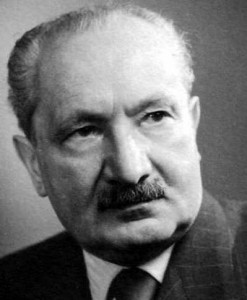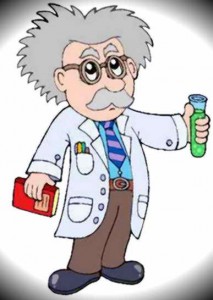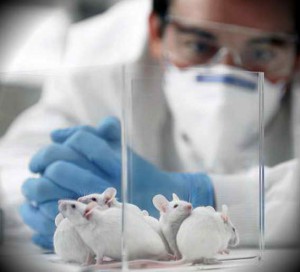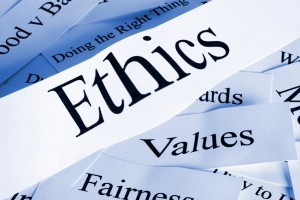 Law and morality are the ways of regulating of the social relations. The right, as well as a morality is a dynamic system that has a different expression in the different historical epochs.
Law and morality are the ways of regulating of the social relations. The right, as well as a morality is a dynamic system that has a different expression in the different historical epochs.
Different approaches to the definition and understanding of law in the scientific literature are affecting to the interpretation of the legal and illegal facts. Continue reading









